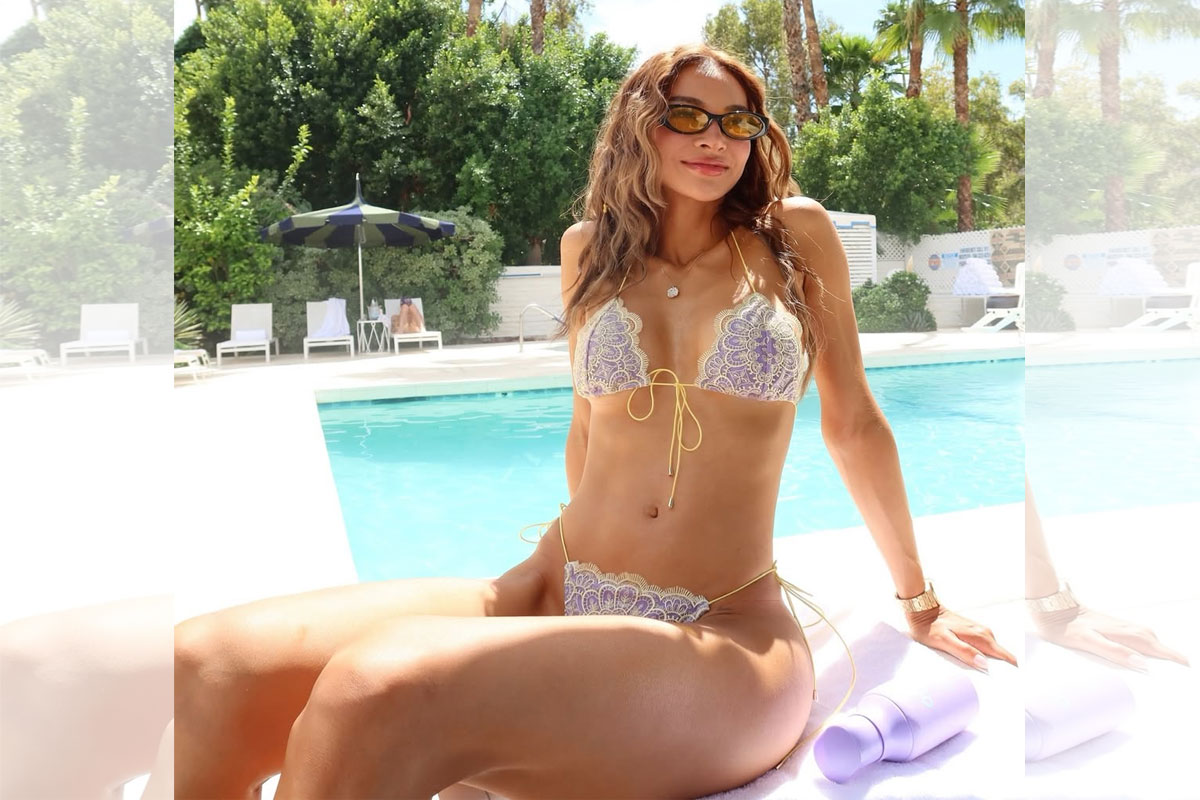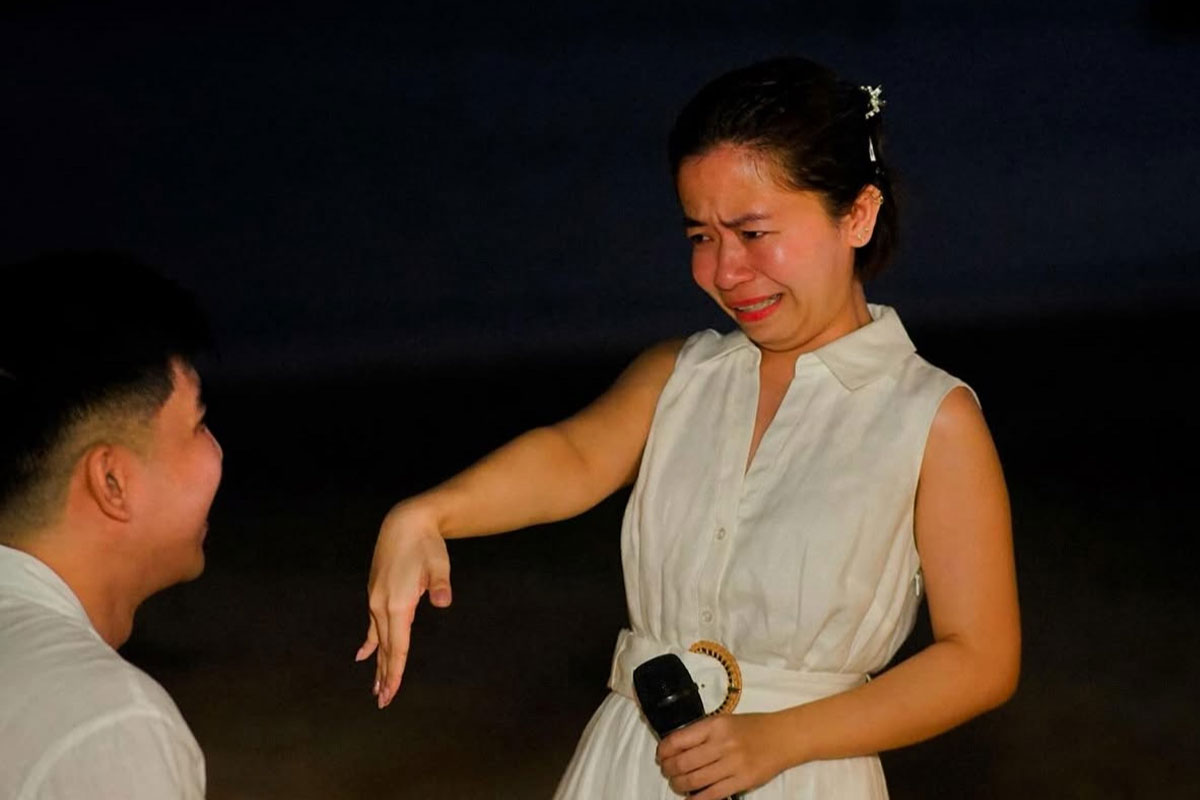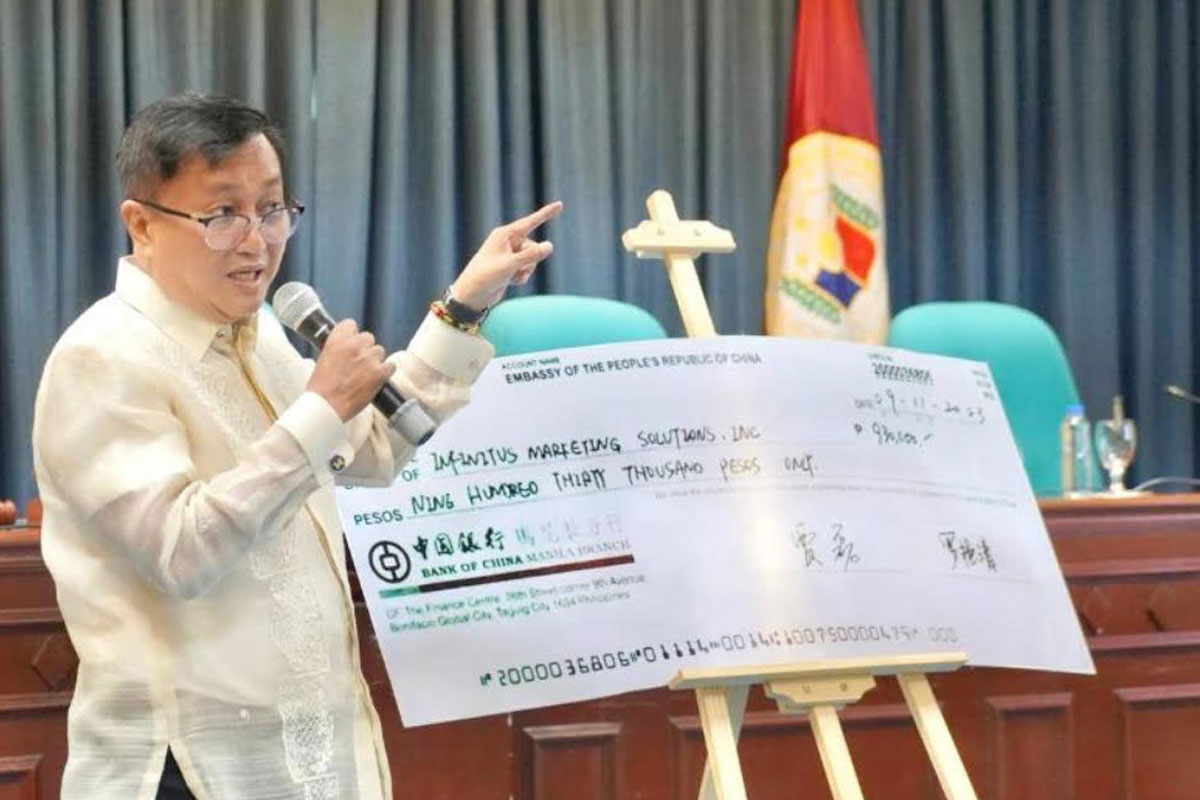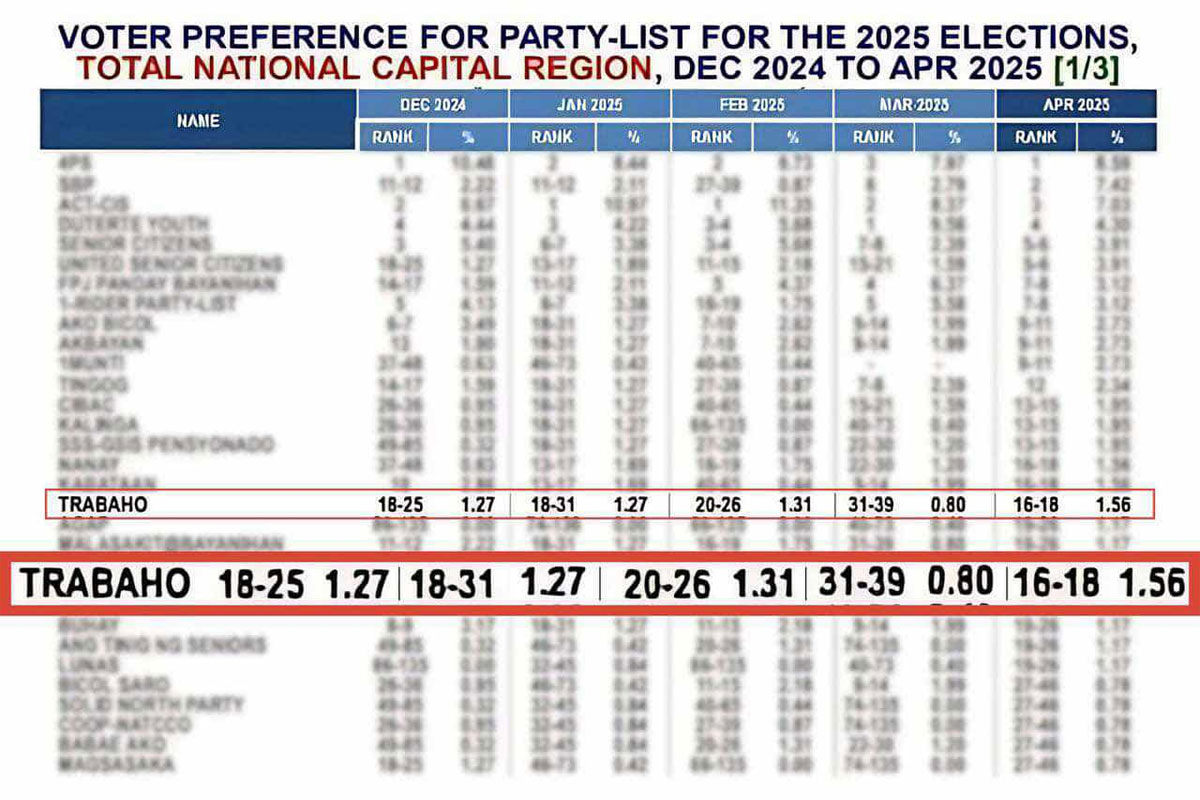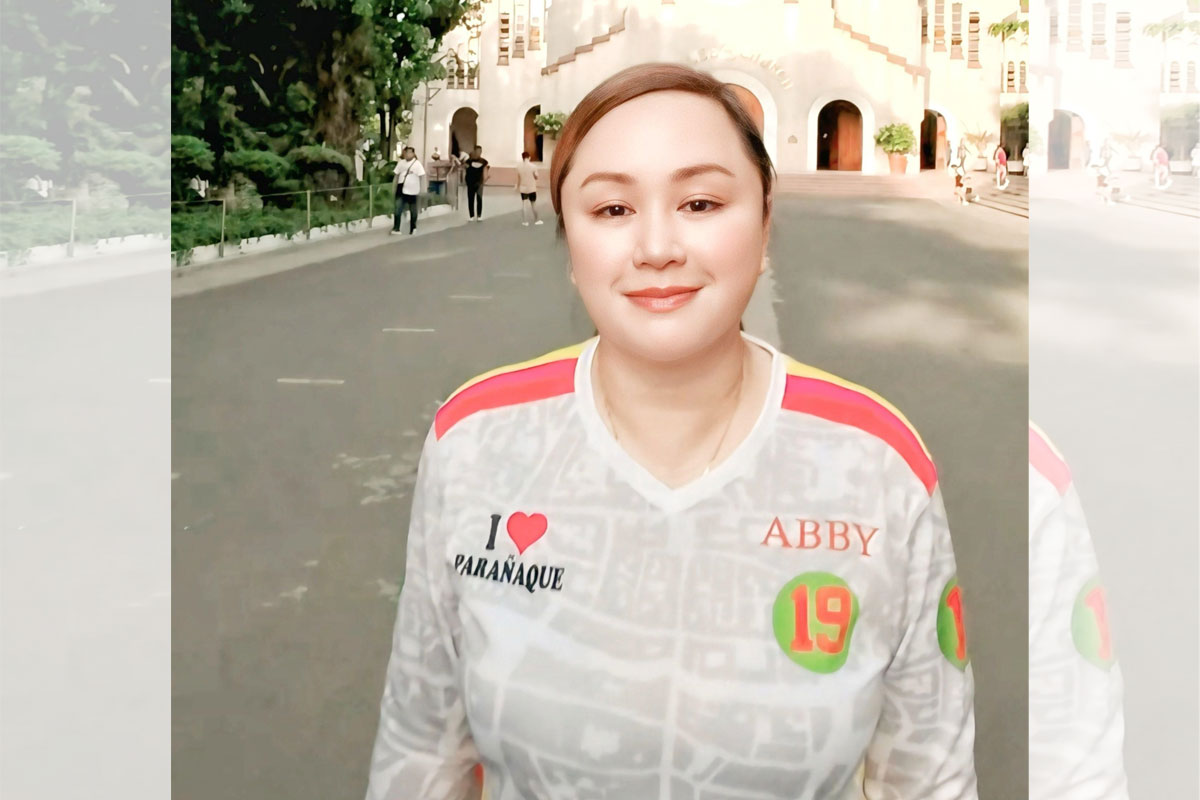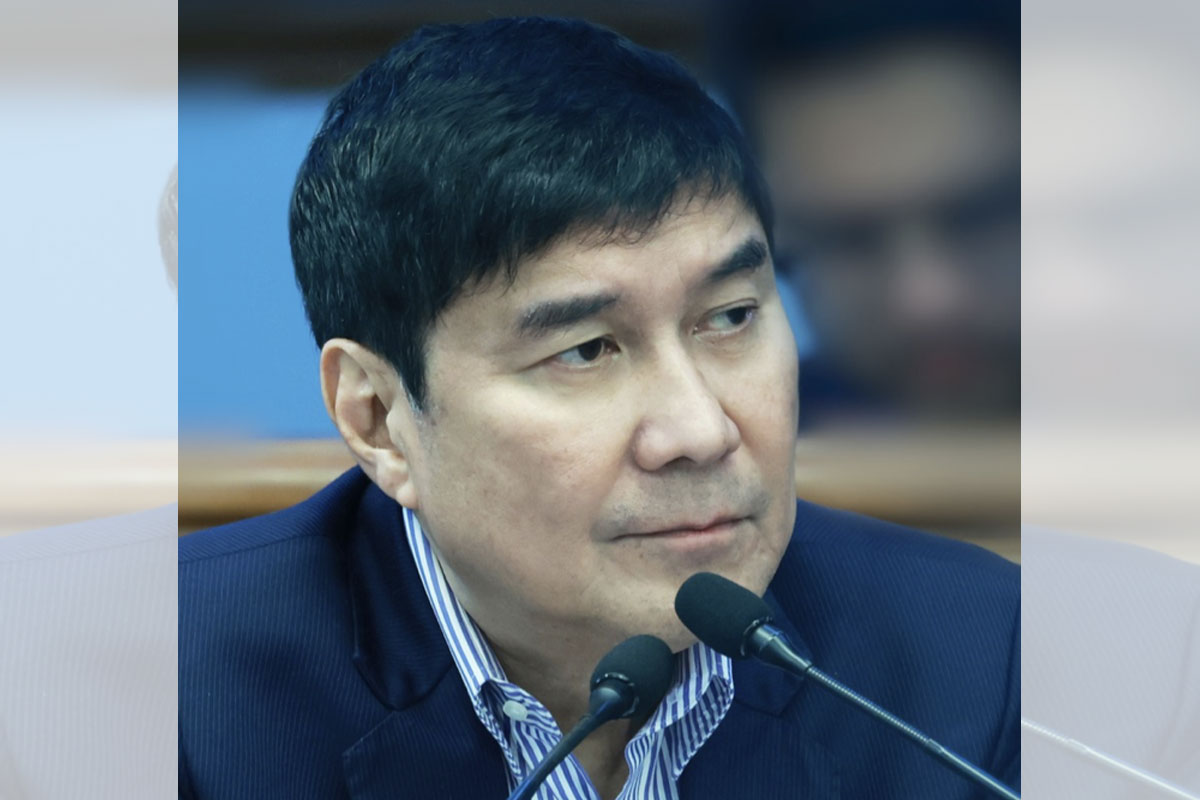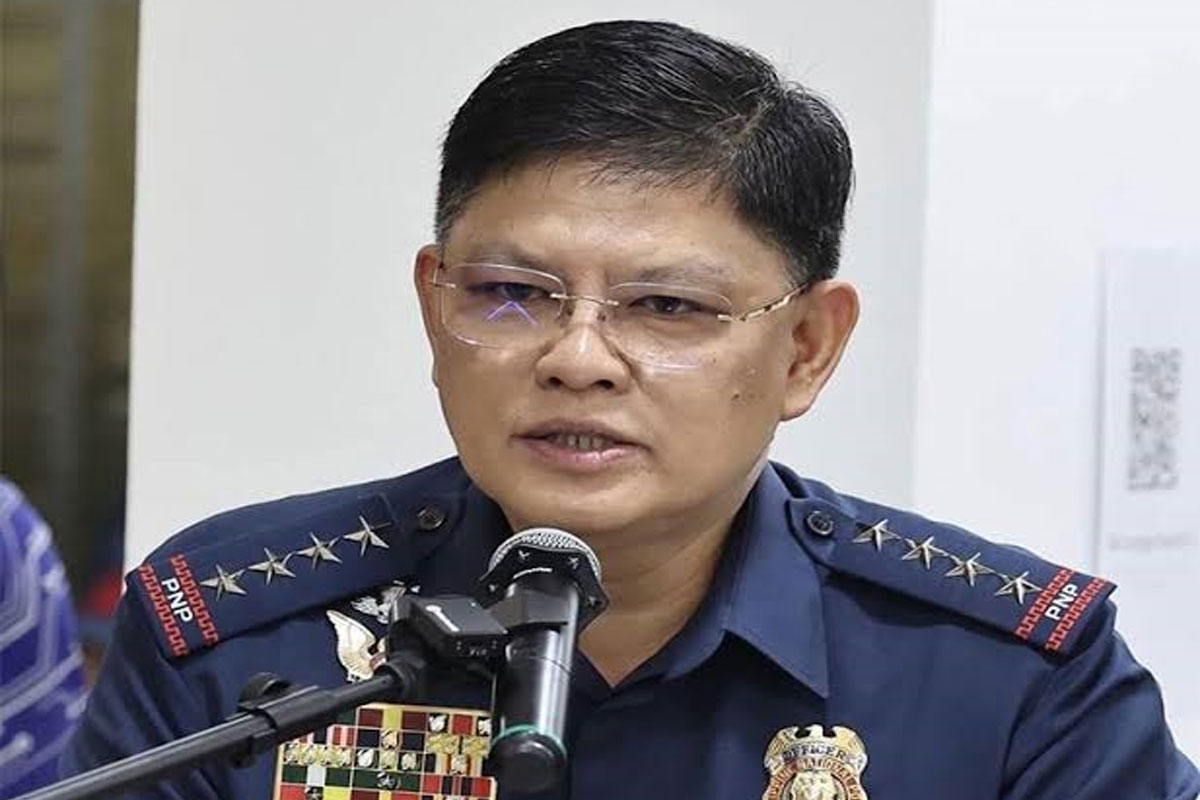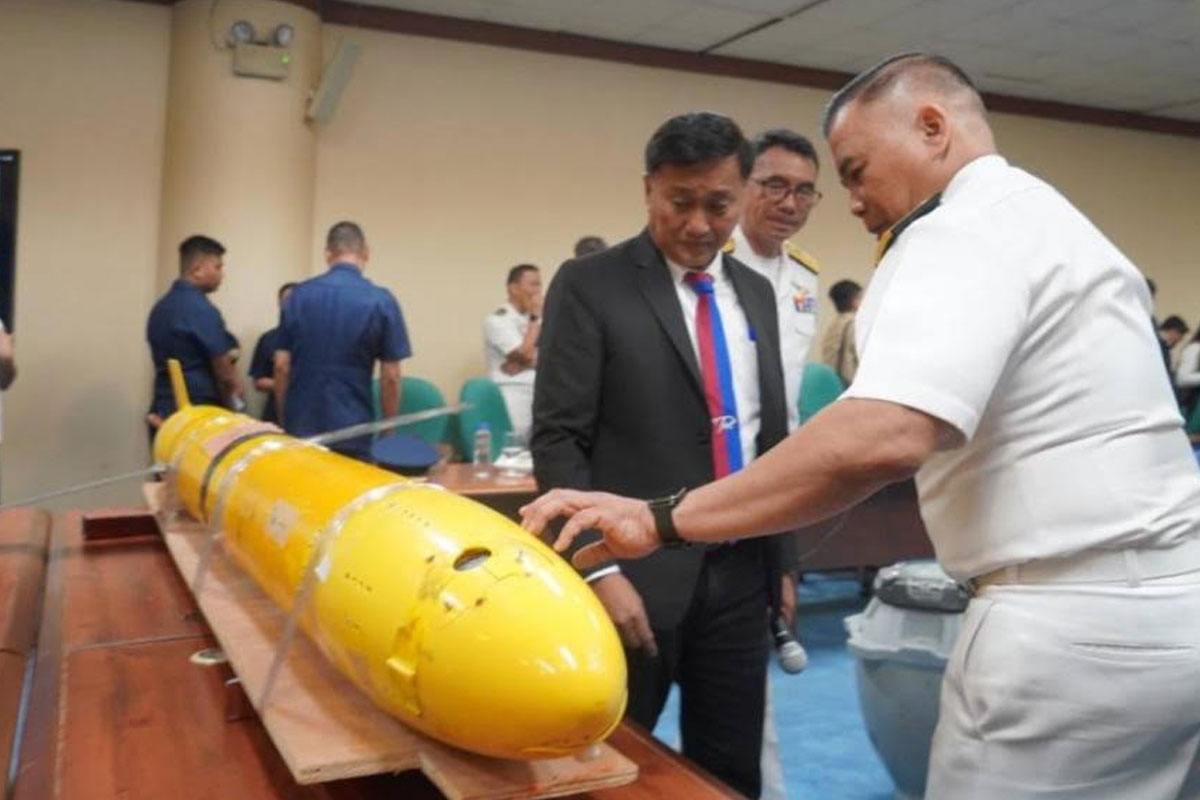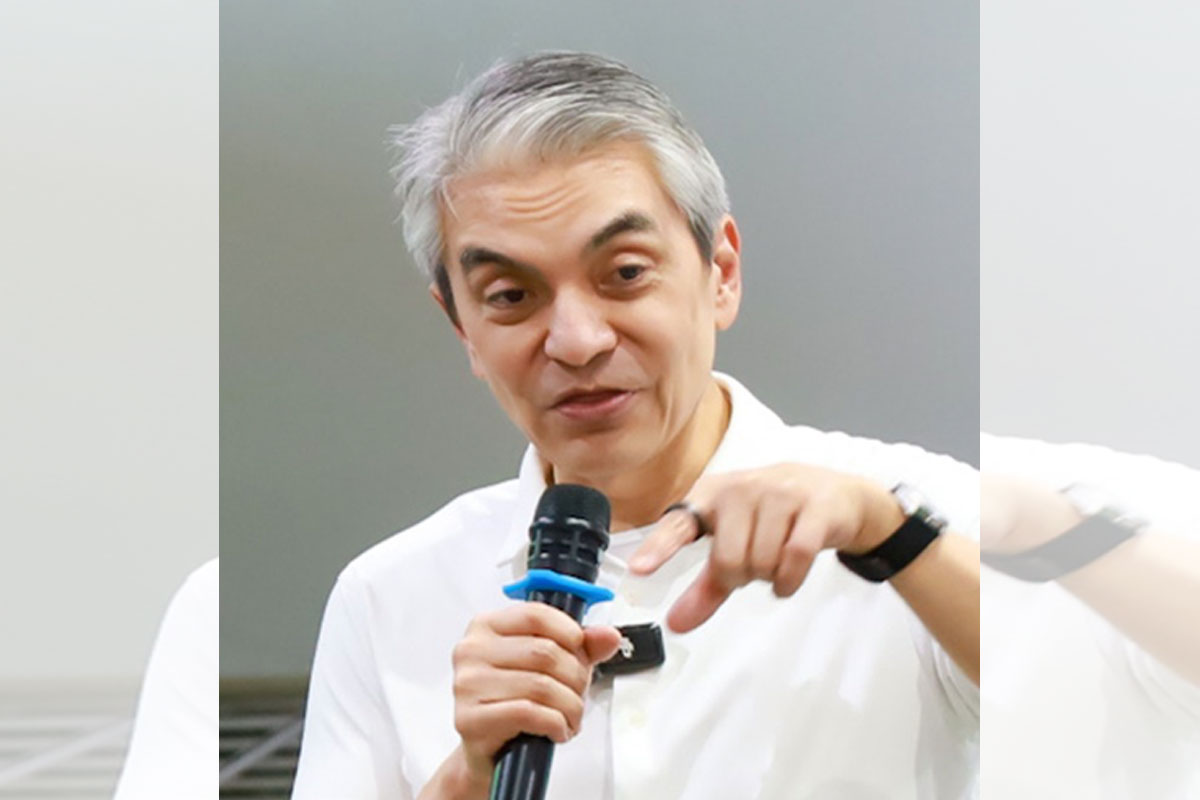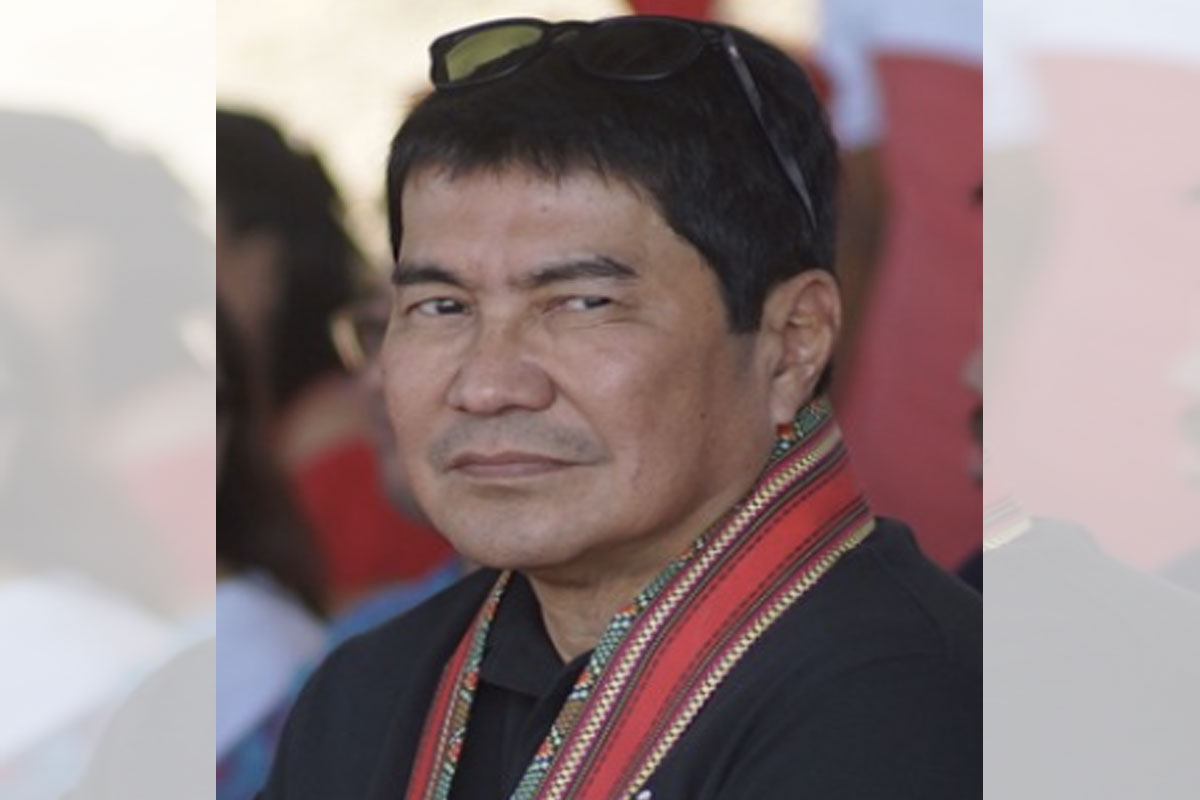
WANTED: INSTITUTIONALIZED PNP PLACEMENT, PROMOTION SYSTEM
 I’M referring to an institutionalized Philippine National Police placement and promotion system that should be fully understood by the Executive, Judiciary and Legislative branches of the government to ensure that only the best, the brightest and the most qualified official will be promoted and placed in a position of major responsibility that carries with it another rank.
I’M referring to an institutionalized Philippine National Police placement and promotion system that should be fully understood by the Executive, Judiciary and Legislative branches of the government to ensure that only the best, the brightest and the most qualified official will be promoted and placed in a position of major responsibility that carries with it another rank.
I’m saying this in the wake of the grievance aired by a number of PNP Academy graduates or ‘Lakans’ regarding the age-old problem on placement and promotion in the police force, particularly when it comes to upperclassmen being ‘overtaken’ by their underclassmen.
I learned that shortly after last Monday’s flag-raising rites at Camp Crame, members of PNPA Classes 1992, 1993, 1994 and 1995 assigned at the PNP national headquarters were summoned to a meeting at the Multi-Purpose Center to discuss the issue with the Chief of Directorial Staff Major Gen. Emmanuel Peralta and PNP Director for Personnel and Records Management mo noMaj. Gen. Robert Rodriguez.
The two classmates of PNP chief, General Benjie Acorda from PMA ‘Sambisig’ Class of 1991 allowed a number of PNPA officials present in the meeting to air their concern and react to their sad stories later, I learned.
I have talked to a number of officials present during the meeting and learned that the issue went unresolved simply because there are too many PNPA products now vying for the same positions, like an RD, a PD or Chief Directorial Staff of the 17 Police Regional, Provincial and District offices of the PNP.
In the case of the RD or Regional Director positions, every full-fledged colonel who gets promoted to the star-rank has only one wish in his life: to be an RD in the future. They are so many that in many cases, their underclassmen are laughing when they told me they even became Colonels ahead of some of their seniors who now wish to become RDs.
What has been suggested by many is for an Institutionalized System when it comes to designating an RD or a PD bereft of any political or any other external interference. The system of having a pool of highly-qualified candidates for RDs or PD positions must be fully explained to the Office of the President, governors and mayors, senators and congressmen and even other influential groups.
At present, Governors have the privilege to pick their PDs from a list being submitted by the PNP National Headquarters. Thus, a police colonel already assigned as a PD in a particular province may not finish his term if he is not the personal choice of the governor. The same is true when it comes to city and municipal police chiefs who are also at the mercy of their mayors.
When it comes to Regional Directors or RDs, it is a fact that no police general will become an RD if he is disliked by ruling politicians in the region. This is the reason why the PNP Code of Conduct and Ethical Standards is being wantonly violated.
I’m talking of the PNP’s call on its men to avoid ‘political patronage.’ Their code of conduct says that “PNP members shall inhibit themselves from soliciting political patronage on matters pertaining to assignment, award, training and promotion.” However, will somebody please tell me how can an official without political connections or the backing of highly-influential groups can become an RD, a PD or a COP?
I learned that the Senior Officers’ Placement and Promotion Board maintains its position that it is only giving its recommendation to the PNP chief when it comes to placement and promotion. However, many generals, active and retired have honestly told me that they were asked by their superiors to also seek the backing of politicians if they really wish to become an RD or a PD.
On Monday, the PNP leadership called for a meeting with Camp Crame-based ‘Lakans’ who are crying they have been outranked and out-positioned by their underclassmen. Some have even boldly stated they are ready to become RDs as soon as they are given the opportunity.
However, some ‘Lakans’ also defended the decision of Gen. Acorda to designate a member of PNPA Class 1996, Colonel Jean S. Fajardo who is also a lawyer as the new PNP Public Information Office chief and PNP spokesperson since it has always been the prerogative of the top cop to pick his official mouthpiece.
It has been a fact that many officials don’t want to be assigned to the PNP-PIO owing to the grueling task and so-many challenges facing the PNP spokesperson particularly in answering daily issues confronting the force and in answering questions from the press right and left, starting from the wee hours of the day and even until past midnight. Besides, the PNP-PIO is understandably not a ‘juiciy position.’
A number of PNPA star-rank officers have also raised the same issue particularly when it comes to RD positions. Although track record and merit and performance are the main parameters being considered when it comes to placement and promotion in the police force, PNPA products are now battling for key assignments specifically those that will qualify them for promotion to the next higher rank, with their fellow ‘Lakans,’ not with graduates of the PMA anymore.
At present, there are four PMA members -three from PMA Class 1992 and one from PMA Class 1991 who are PNP Regional Directors followed by three from the PNPA Class of 1991; five from PNPA Class 1992; one from PNPA Class 1993; two from PNPA Class 1994; and two from PNPA Class 1995.
It means that PNP Class 1993 members have been really out-positioned by their underclassmen but no one from the Class is complaining openly.
This again brings us to the PNP Code of Conduct and Ethical Standards which maintains the PNP stand on basic issues including those that affect the esprit de’ corps, morale and welfare of the members, and sense of pride to the organization.
The Code calls for real professionalism with regards to procurement, training, fair promotion, assignment, placement, awards, and retirement. When it comes to equality in the service, it says there shall be judicious and equitable distribution of opportunity to prove one’s worth in the police service.
The problem on inequity thru class orientation and factionalism, both real and perceived, premised on favored assignment, inequitable opportunity of training, unfair granting of promotion, and untimely awarding of achievements, will create an atmosphere of demoralization, the Code says.
The result is inefficiency and lack of teamwork to the detriment of the organization. It behooves therefore on the PNP leadership to address the situation. The civilian character of the organization requires adherence to the rule on merit and fitness system and to dissociate the above process from class orientation and factionalism, it also says.


